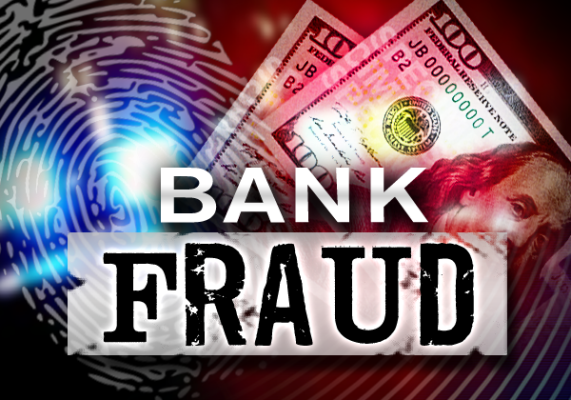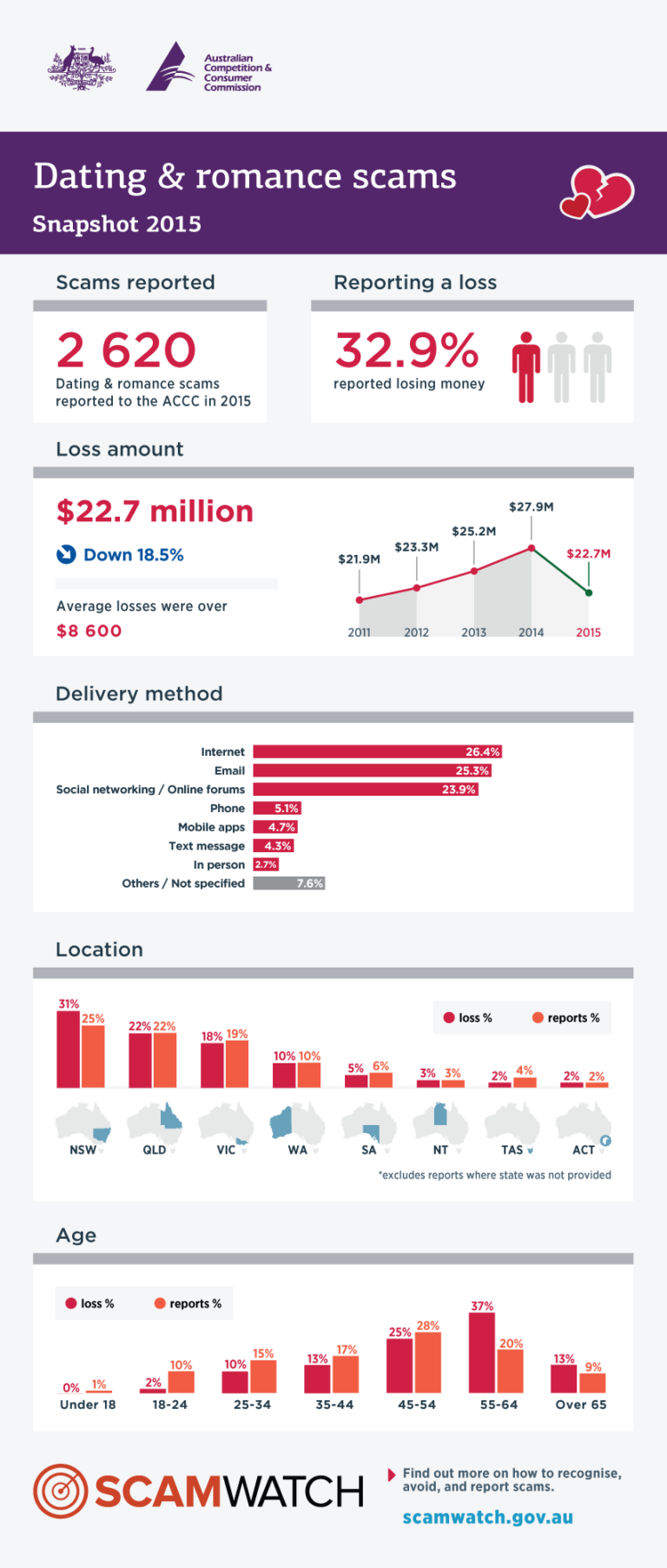Scott Mason Charged in $17 Million Fraud Scheme Targeting Friends and Family: Lavish Lifestyle Funded by Decades of Deceit
Philadelphia, PA – A prominent Pennsylvania investment advisor, Scott Mason, 66, of Gladwyne, faces a litany of federal charges including wire fraud, securities fraud, investment advisor fraud, and filing false tax returns, after allegedly orchestrating a sophisticated scheme that defrauded clients out of more than $17 million. United States Attorney Jacqueline C. Romero announced the charges, detailing how Mason allegedly exploited his position of trust to fund a lavish lifestyle spanning nearly a decade.
From Trusted Advisor to Alleged Criminal: The Rise and Fall of Scott Mason
Mason, through his firm Rubicon Wealth Management LLC, served as a trusted financial advisor to numerous clients in the Philadelphia area, including many he had known for years. The criminal information alleges that from 2016 to 2024, Mason systematically abused this trust by transferring over $17 million from at least 13 clients’ accounts to an entity he controlled. The funds were then allegedly diverted to fuel Mason’s extravagant personal expenses. He is said to have specifically targeted long-term clients, including close friends and even family members, whom he believed would not question his investment strategies.
A Web of Deceit: How Mason Allegedly Stole Millions and Covered His Tracks
The charges paint a picture of a carefully constructed, years-long scheme. Mason allegedly used a variety of tactics to siphon off his clients’ assets, including:
- Forged Signatures: Mason is accused of forging client signatures on distribution authorization forms, authorizing the transfer of funds without their knowledge or consent.
- Misleading “Investments”: When obtaining client authorization, Mason allegedly misrepresented the nature of the transfers, falsely claiming he was investing their funds in diversified short-term bonds. He reportedly concealed crucial details from his victims, assuring them that he was acting in their best financial interests.
- Liquidating Assets: To facilitate the fraudulent transfers, Mason often liquidated his clients’ securities holdings, further undermining their financial security.
- Ponzi-like Tactics: In a classic Ponzi-like maneuver, Mason allegedly used some of the stolen funds to repay another Rubicon client from whom he had reportedly misappropriated millions as far back as 2014. This payment was made to prevent this earlier victim from uncovering the fraud.
The Luxurious Life Built on Stolen Funds: Mini-Golf, Country Clubs, and International Travel
The ill-gotten gains, according to the charges, financed a lifestyle far beyond what Mason’s legitimate income could support. Prosecutors allege the stolen money was used for:
- International Travel: Funding luxury trips and excursions.
- Country Club Membership Dues: Paying for exclusive memberships at elite country clubs.
- Credit Card Bills: Covering personal credit card expenses.
- Miniature Golf Course Investment: Most notably, Mason allegedly used stolen funds to purchase an ownership stake in a Jersey Shore-based miniature golf course, a seemingly bizarre investment for a high-profile financial advisor. This has led to some speculation online about whether the mini-golf course was a legitimate investment or another avenue for concealing assets.
Tax Evasion on Top of Fraud: Millions Unreported to the IRS
As if the fraud charges weren’t enough, Mason is also accused of failing to report any of the fraud proceeds on his personal income tax returns. This alleged tax evasion resulted in an estimated tax loss of approximately $3.225 million, adding another layer of criminal liability.
Potential Penalties: Decades Behind Bars and Millions in Fines
If convicted of all charges, Scott Mason faces a maximum possible sentence of 80 years in prison and a fine of up to $6,760,000. The case was investigated by the FBI and IRS Criminal Investigation and is being prosecuted by Assistant United States Attorney Jessica Rice. In a parallel action, the Securities and Exchange Commission (SEC) has also filed civil charges against Mason, further underscoring the severity of the alleged misconduct.
What This Means for Investors:
This case serves as a stark reminder of the importance of due diligence when choosing a financial advisor. Investors should:
- Verify Credentials: Always check an advisor’s background and registration status with regulatory bodies like the SEC and FINRA.
- Request Independent Audits: Consider periodic independent audits of your accounts to ensure transparency.
- Be Wary of Red Flags: Unusual investment strategies, promises of unusually high returns, or pressure to make quick decisions should raise concerns.
- Diversify: Never put all your eggs in one basket. A diversified portfolio is crucial to mitigating risk.
What Happens Next?
Scott Mason is presumed innocent unless and until proven guilty in a court of law. The legal process will now unfold, and the prosecution will need to prove its case beyond a reasonable doubt. The SEC’s civil charges will proceed separately. This case will undoubtedly have a significant impact on the financial industry in Pennsylvania and beyond, highlighting the need for vigilance and increased scrutiny of investment advisors. The story of Scott Mason and Rubicon Wealth Management will likely be studied as a cautionary tale for years to come.
Disclaimer: This article is based on information provided in a press release and publicly available sources. All individuals are presumed innocent until proven guilty in a court of law.






